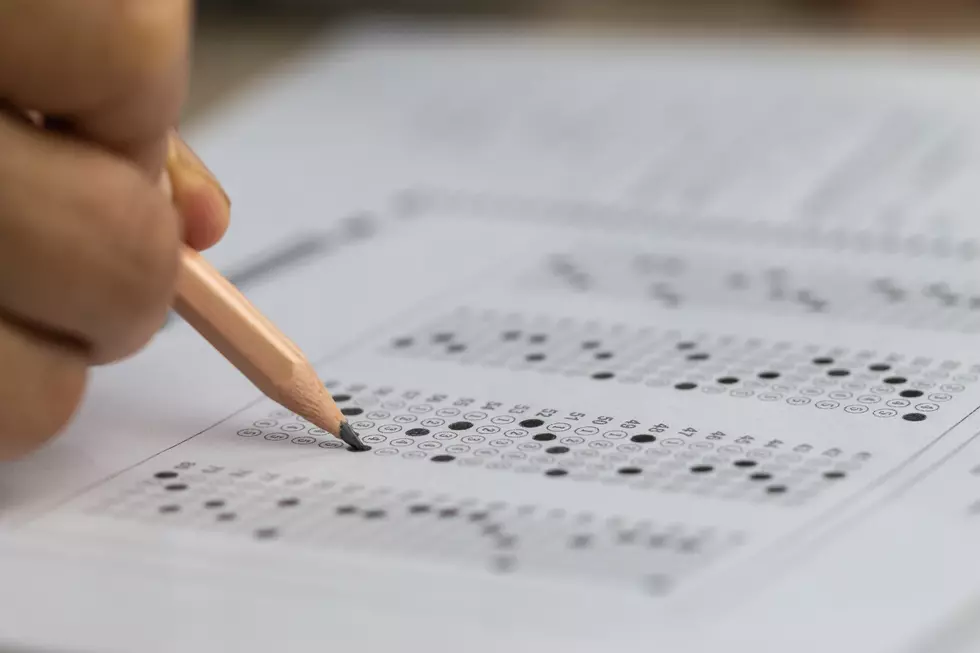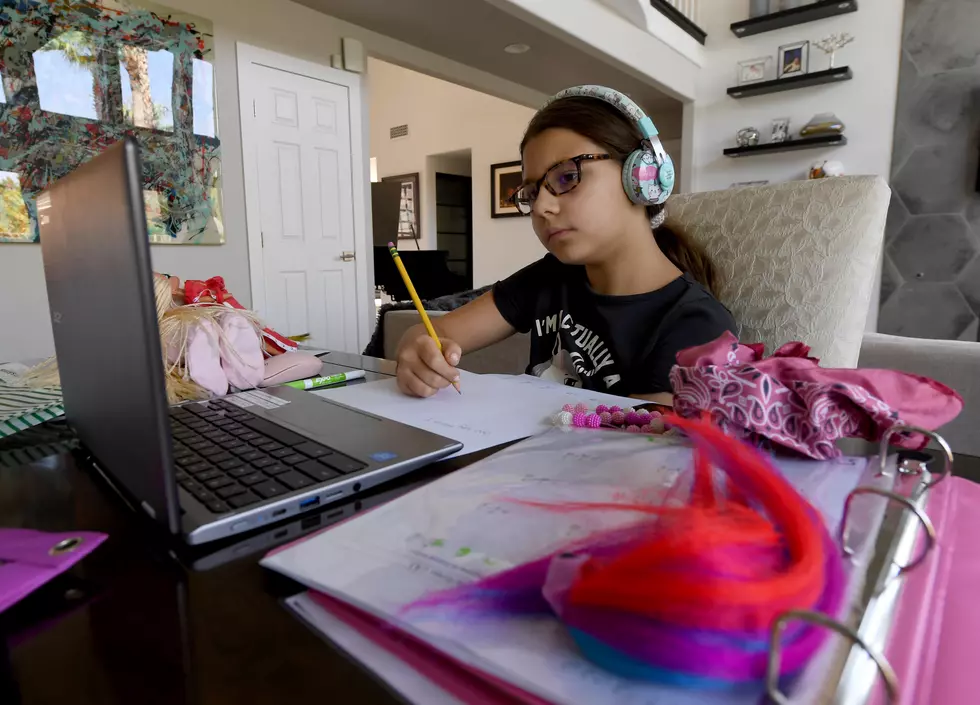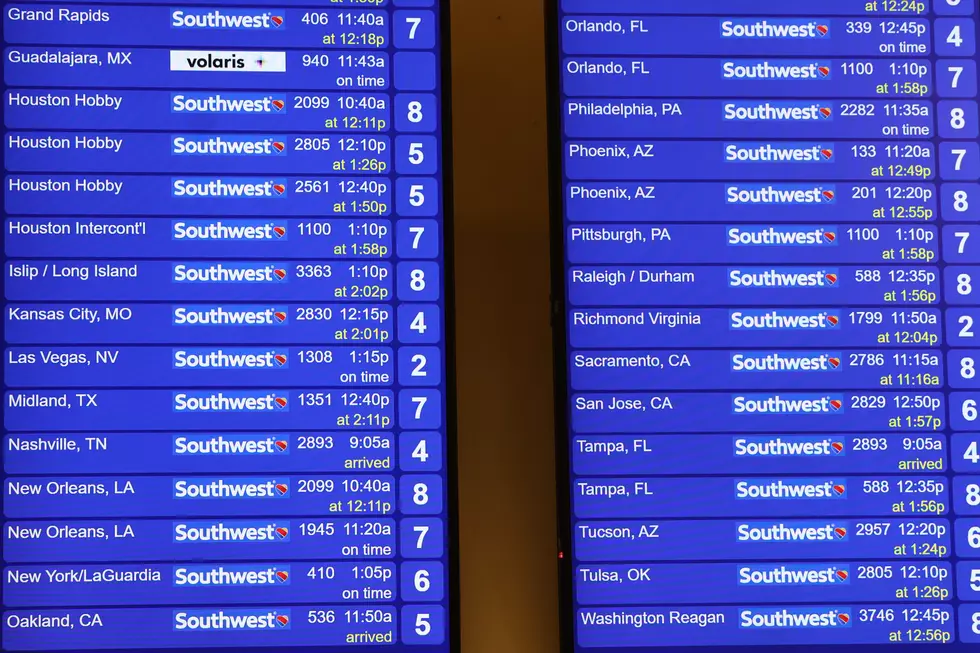
The Pandemic Proves It’s Time for Texas to Kick STAAR to the Curb

Standardized testing is ruining education, and the pandemic proved it.
I'm not some Boomer who never had to deal with it pining for the good ol' days; I lived through the proto-STAAR test known as the TAAS. It was a miserable experience that soured math for me for many years. In fact, it soured 80 percent of my school day because teachers were forced to teach the test, and that made school a snoozefest for everyone. If you're under the age of 45 or so and grew up in Texas, I'm sure you have similar memories.
Standardized testing existed before the massive legislative fail known as the No Child Left Behind Act, but those laws let the government control funding based on test scores. The result? Many more children being "left behind." Schools that desperately needed more funding had their funding pulled and their doors closed.
The law was repealed with bipartisan support in 2015, but its damage to education continues today because states can still invoke the same punishments the national government could:
The No Child Left Behind (NCLB) Act called for a number of changes and reforms, but its signature item was the standardized testing rigor. Standardized tests existed before NCLB, but the big difference was that NCLB bureaucrats could base their decisions on them; Test scores were used not only to evaluate performance but also to decide whether a school would keep its doors open.
The irony of my opinion is that I am a fantastic test taker. I feel in my element, and I do well when it's quiet and I can focus. However, trying to trick me with confusingly-worded math questions always enraged me and made me disengage with math and grow to hate it. I'm sure the folks who were weaker in English and writing feel the same way.
It wasn't until last year when I took a Contemporary Mathematics course at Texas Tech University that I felt like I actually learned something. Texas Tech was not concerned whether I would bubble in a multiple-choice question right. Instead, the focus was teaching math in a useful and engaging way. And I learned it, no tricks required.
Now we have children that spent some or all of the past school year in a remote learning situation attempting to take and pass these tests. It's extremely unfair that already stressed and disengaged kids are being burnt out. There's also evidence that the reading tests are two grade levels above what is normally expected:
...examination of five different readability tests—commonly used academic measures that rate the appropriateness of written passages for various grade levels—showed that in order to comprehend various STAAR reading test passages, most students would have to be reading at higher than their grade level. A third grader, for instance, would have to comprehend at a fifth-grade level.
Why make the test so hard? If you have your rose-colored glasses on, you might think it's to keep Texas competitive. However, something stinks to me. And what stinks is the private-school voucher debate. If you set public school up to fail, then taking those funds to line your private school friends' pockets is that much easier.
That's what it always comes down to: sheer, unadulterated greed. Parents, teachers and students all hate this type of testing, but politicians make the choices that are best for them. Texas spent $74 million on the 2021 STAAR test alone. How many handshakes in backrooms are behind that move?
Legally, you can opt your child out of the STAAR, but your school will not make it easy. If you do it, I commend you.
READ ON: See the States Where People Live the Longest
LOOK: Here are the best small towns to live in across America
More From KFMX FM









